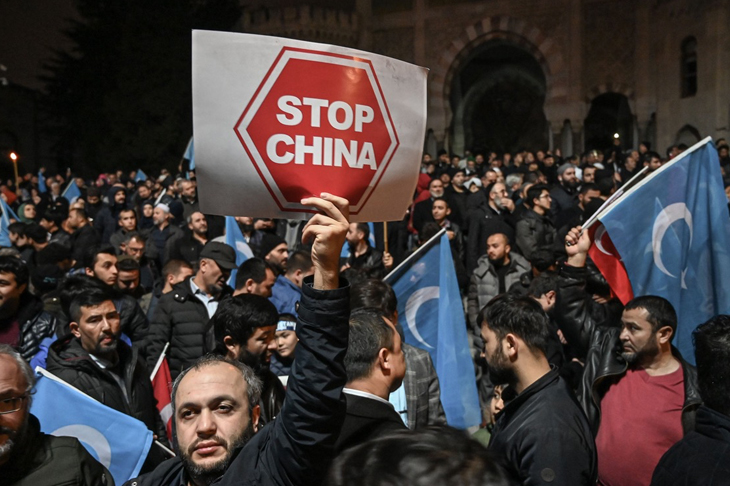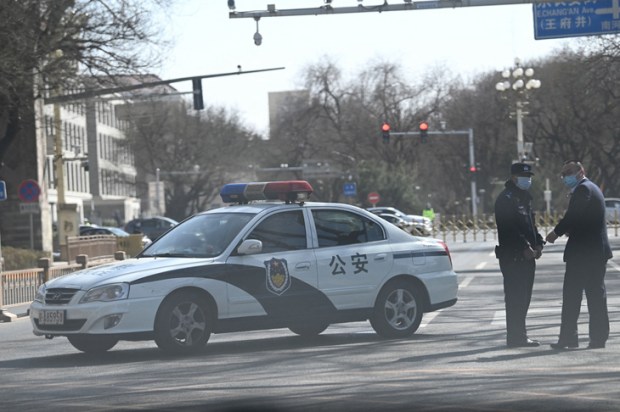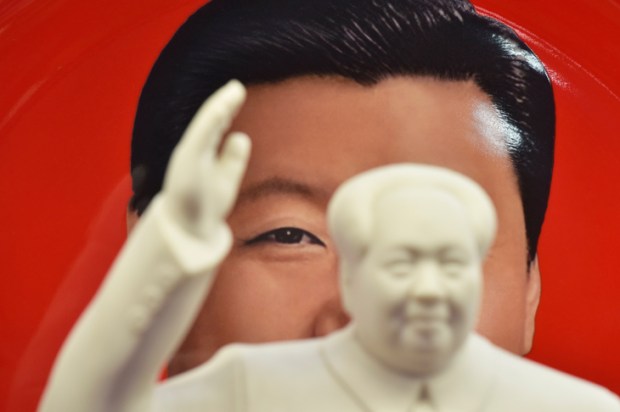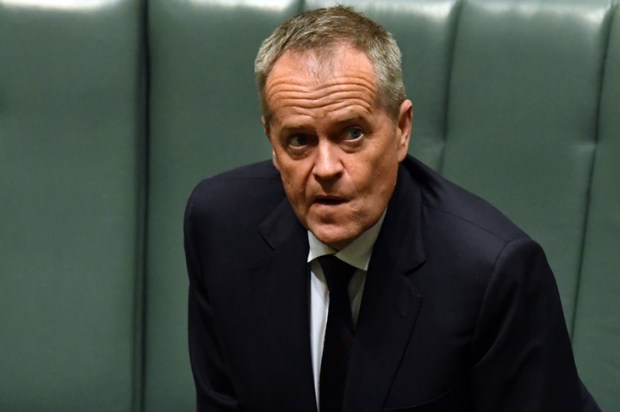It is unusual for the blatant pursuit of profits at the exclusion of human rights to be expressed nakedly. Businesses employ a phalanx of public relations advisers to script careful responses for their owners and executives. Sometimes they obfuscate, like the clothing chains that refuse to disclose whether they are sourcing textiles from Chinese slave labour camps. Other times they feign sympathy for the oppressed, but protest there is little they can do. They may even respond that their economic activity will help the afflicted people in the longer term. Memos are written and lines carefully crafted to respond to any possible question.
So, it is truly shocking when a business owner unequivocally rejects human rights, as occurred recently with the billionaire part-owner of the NBA Golden State Warriors team, Chamath Palihapitiya. Clearly Mr Palihapitiya had not read the PR memo before he waded into a friendly American podcast.
‘Nobody cares about what’s happening to the Uyghurs, okay?’ Palihapitiya told the broadcast host. ‘You bring it up because you care, and I think it’s nice that you care. The rest of us don’t care,’ he said frankly. ‘And I’m sorry if that’s a hard truth to hear, but every time I say that I care about the Uyghurs, I’m really just lying….’ To emphasise his point, Palihapitiya, a former Facebook executive added: ‘I’m just telling you a very hard, ugly truth. Of all the things that I care about, yes, it is below my line.’
Calling concerns about the human rights abuse of the Uyghurs ‘a luxury belief’, the Sri Lankan-born, Canadian-American investor doubled down, saying it was ‘deplorable’ to criticise China’s human rights record. Clearly stating his priorities, he added: ‘I care about the fact that our economy would turn on a dime if China invades Taiwan.’
As an investor in special purpose acquisition companies, a vehicle that enables private companies such as Virgin Galactic to go public with less regulatory scrutiny, Mr Palihapitiya, became sufficiently wealthy to invest in the sporting league. He has also made sizeable donations to the Democratic Party, some of which were returned after his comments.
NBA sponsors such as the sporting goods giant Nike are enthralled with China. As many as 800 million Chinese are claimed to watch the NBA games; pre-season games have been played there, and many players earn significant sporting wear advertising revenue from the country. When Nike was criticised by the CCP after expressing concern about forced labour, it retreated faster than a return toss down the court. The company even lobbied Congress to water down the anti-forced labour bill. NBA stars like LeBron James pontificate about all manner of alleged injustice, but quiver at the slightest criticism of the CCP. The one stand-out, Boston Celtics player Enes Kanter has repeatedly called out the human rights abuses – and the hypocrisy of the league. He posted: ‘When the NBA says we stand for justice, don’t forget there are those who sell their soul for money and business like @chamath… When genocides happen, it is people like this that let it happen. Shame.’ But the relationship soured when the Houston Rockets general manager, Daryl Morey tweeted ‘Fight for freedom stand with Hong Kong’, leading to a television ban by the state-owned China Central Television network. The NBA was estimated to have lost some $400 million in revenue. The irony was that the Houston Rockets had been at the forefront of involvement with China, especially through the popularity of its former star player, Yao Ming. For its part, the NBA has held firm, even showing images of players with the words ‘vote’ and ‘liberty’ printed on their tee-shirts, unlike Tennis Australia which initially censored tee-shirts at the Australian Open which had printed on them ‘Where is Peng Shuai’ – a reference to the ‘disappeared’ Chinese player.
Facing an avalanche of criticism, Palihapitiya backtracked. ‘As a refugee, my family fled a country with its own human rights issues so this is something that is very much a part of my lived experience. To be clear, my belief is that human rights matter, whether in China, the United States, or elsewhere. Full stop.’ Except he had already claimed ‘every time I say that I care about the Uyghurs, I’m really just lying…’. There is also a twist to the fleeing refugee story. At the age of five, Palihapitiya moved with his family to Canada where his father was posted as High Commissioner. The family applied for and was granted refugee status five years later when the posting concluded.
Palihapitiya attempted to claim some equivalence with the situation in the US: ‘Look at the number of black and brown men currently incarcerated for absolutely ridiculous crimes,’ he said. ‘I think we have a responsibility to take care of our own backyard first, and then we can go and basically morally tell other people how they should be running their own countries.’ The remarks prompted an immediate response from Salih Hudayar, the elected Prime Minister for the East Turkistan Government-in-Exile group. ‘You can’t compare what China’s doing to the Uyghurs to what’s happening in the United States,’ he said. ‘As a Uyghur, I would be a million times grateful if our situation was like the… human rights [situation] here in the United States.’
Opposition to China’s human rights abuses continues to grow. Last week, the French National Assembly passed a resolution by 169 votes to 1, recognising the plight of the Uyghurs as genocide. It became the eighth country to pass a similar motion. Businesses with connections to slave labour are increasingly being identified and criticised, including the UK’s biggest bank, HSBC, which holds millions of pounds of shares in a subsidiary of a sanctioned Chinese paramilitary organisation responsible for human rights abuses of Uyghurs.
The CCP is increasingly sensitive to global criticism. Foreign Ministry spokesman Wang Wenbin recently used more than 20 slides in an attempt to refute ‘disinformation and rumours’ made by anti-China ‘scholars’, the US government, Western media and the World Uyghur Congress. Yet satellite images reveal factories inside more than 100 ‘re-education’ camps in Xinjiang.
The CCP has also replaced Chen Quanguo, the party chief in Xinjiang under whose directions the brutal persecution of the Uyghurs occurred. Interestingly, his replacement is Ma Xingrui, the former governor of Guangdong province, one of the nation’s economic powerhouses. The appointment of Ma, who has a background in the aerospace industry, may reflect the growing economic significance of the Western province and an indication that the global campaign against the CCP is effective.
Got something to add? Join the discussion and comment below.
Get 10 issues for just $10
Subscribe to The Spectator Australia today for the next 10 magazine issues, plus full online access, for just $10.
You might disagree with half of it, but you’ll enjoy reading all of it. Try your first month for free, then just $2 a week for the remainder of your first year.














Comments
Don't miss out
Join the conversation with other Spectator Australia readers. Subscribe to leave a comment.
SUBSCRIBEAlready a subscriber? Log in